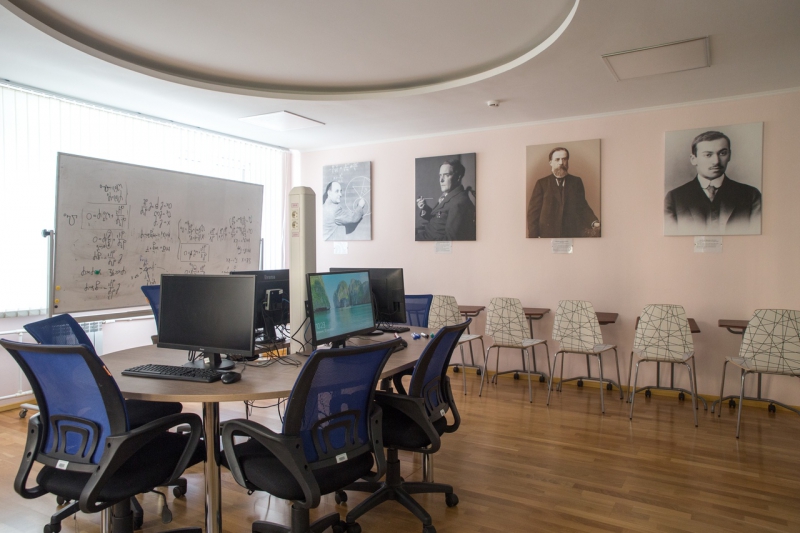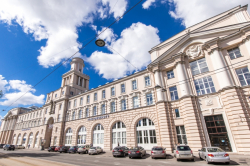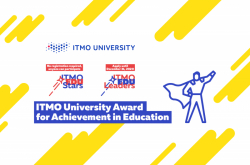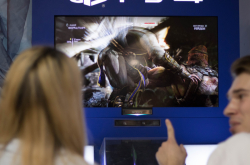The boarding school Formula for Success is designed to accommodate 80 students. It provides high school students from remote areas of the nation to visit St. Petersburg and study at one of Russia’s top schools. At the same time, tells us the head of the school Alexey Kroshikhin, its main goal is not just to provide lodging, but to create an environment conducive to the development of the students’ abilities.
“We know full well that not everyone has the same opportunities in life. There are towns with just one school, where nobody helps students train for competitions; those kids have no opportunity to show off their talents. This school was made to remedy that issue. Our main goal is to provide them with good, healthy living conditions and make sure they feel at home even thousands of kilometers away from their hometown,” he says.
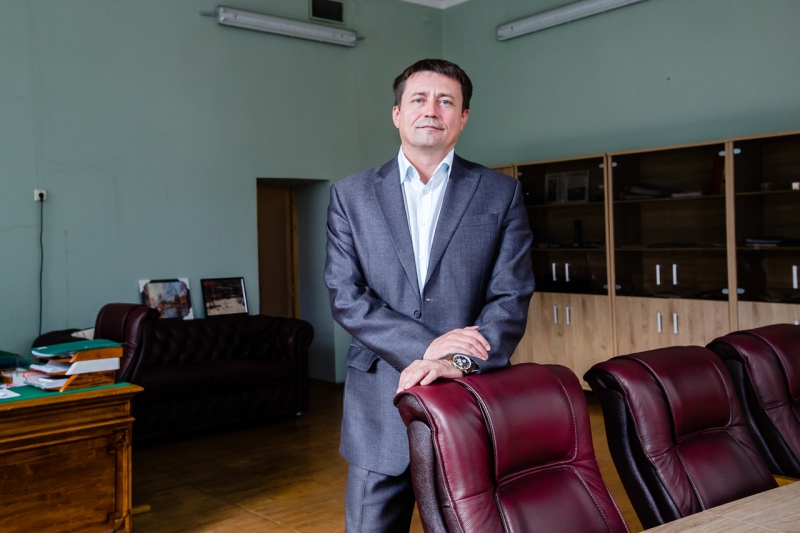
Infrastructure
The school enjoys a location in the historical district of St. Petersburg, in a fairytale-esque merchant’s mansion beloved by Russian cinematographers. Some of the rooms still retain their original decor, and starting in 2019 the Lyceum will renovate the building as well as adapt its rooms for laboratories and classrooms. Soon, it will also be home to a technopark where the students would have the chance to assemble robots and drones or tinker with electronics and nanotechnologies.
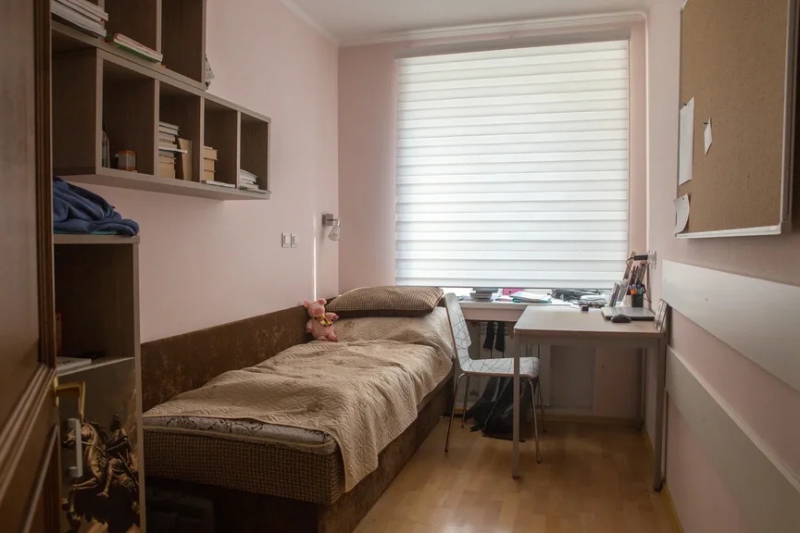
Study rooms on every floor provide students with access to computers and an internet connection. The assembly hall is equipped with projection, audio, and lighting rigs, while the gym offers exercise machines and assorted equipment. In the courtyard, beside an athletic field, an electrical substation has been turned into an art object decorated with formulas and a portrait of Leonhard Euler.
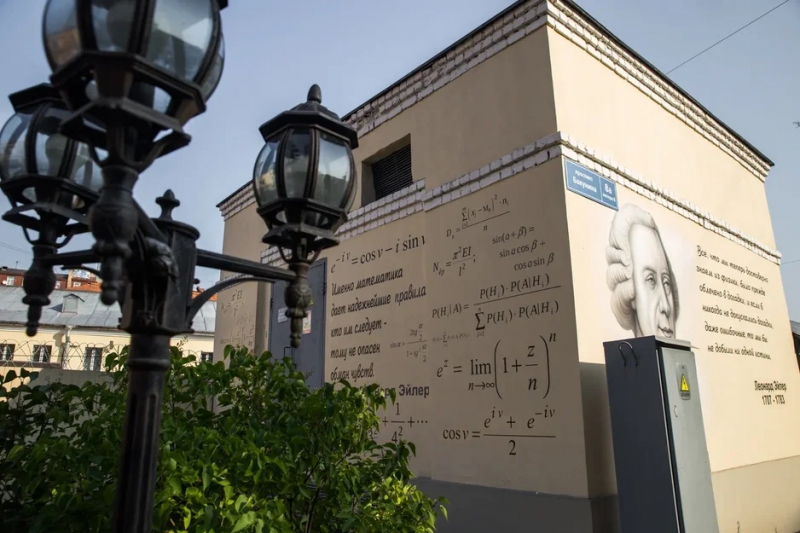
Students also have access to medical aid around the clock and the services of a psychologist and guidance counselor.
“Our weekly sessions touch on subjects relevant to the kids, but I also use them to examine each student and find out what they need. If they’re stressed, I give them advice on how to deal with their issues. Apart from that, every student can visit me individually to share their concerns,” says Elizaveta Ivashinenko, the school’s psychologist.
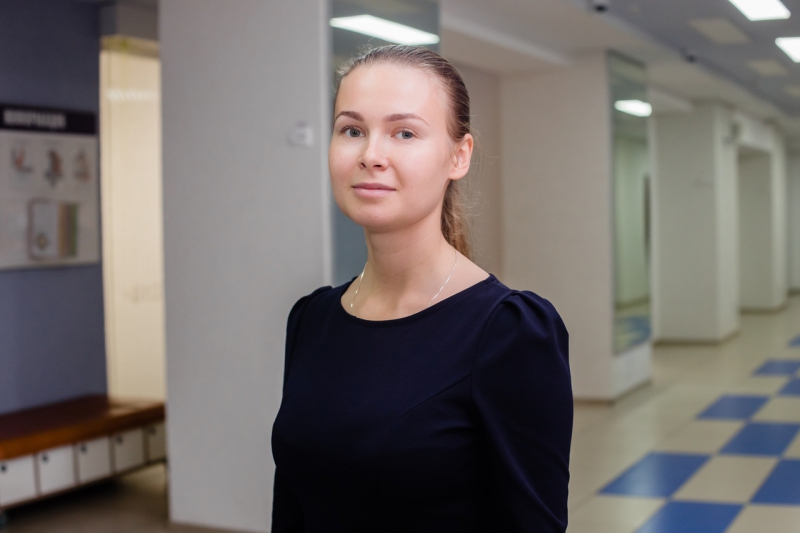
Living at the school
All students get up at 7 am, exercise, tidy their rooms and clothing, attend classes and clubs, then do their homework and go to sleep at 11 pm. As Svetlana Fedorova, the school’s deputy head of discipline, this kind of scheduling allows the students to learn how to be self-reliant, responsible, and plan their time efficiently. Yet despite this strict arrangement, the students are not limited in their desire and opportunity for self-development.
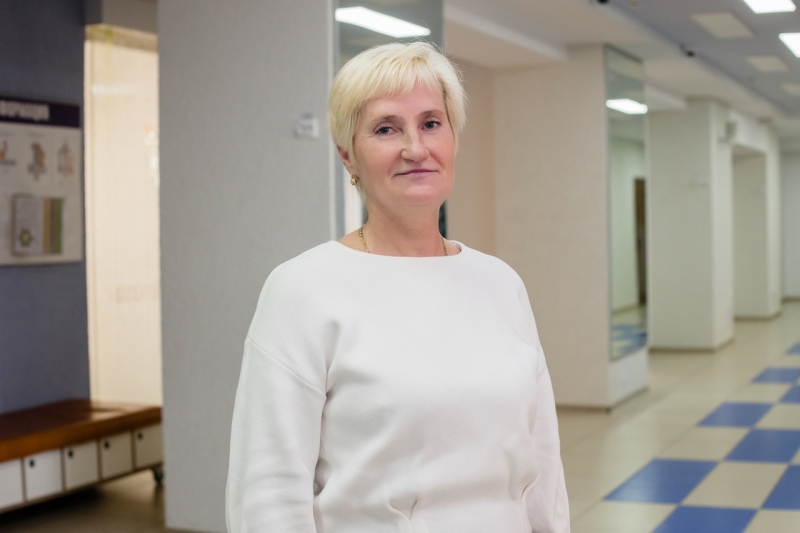
“After classes, the kids attend extracurricular clubs, of which there are plenty, and everyone is free to choose what they like – maths, physics, computer science, robotics, volleyball, tennis, or music. They’re also free to attend any other club in St. Petersburg,” explains Svetlana Fedorova. “Many of our students play music and form their own bands. We organize holiday celebrations and birthdays. The kids often suggest their own ideas for events or class trips, and we’re glad to support them.”
Soon, the students will undertake a trip of the castles of Northwest Russia. Each year, they have the opportunity to visit the Mariinsky Theatre for free, as well as many museums of St. Petersburg and the Leningrad Oblast. Of course, the newcomers are also treated to a night-time trip to see the famous drawbridges of St. Petersburg.
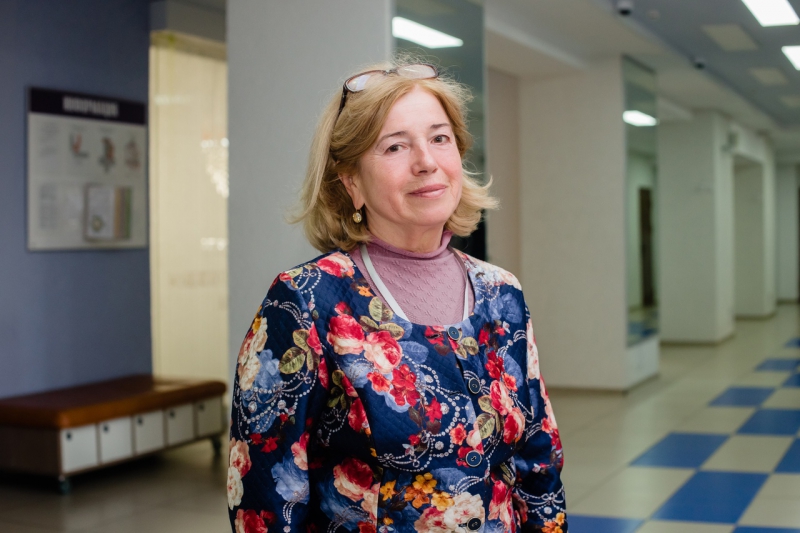
“My main task, as I see it, is to create a comfortable, home-like environment where kids from all over Russia – from Kaliningrad to Petropavlovsk-Kamchatsky – would not feel out of their element. We keep an eye on their health and nutrition and organize tours and events. And sometimes, even a simple chat over some tea is all you need to fight off loneliness,” says Galina Grischenko, a housemistress at the school.
Student Danila Zavizion came to St. Petersburg from the city of Petropavlovsk-Kamchatsky in the Far East of Russia. An 11th-grader, he is a science enthusiast and a candidate for the national select team in physics.
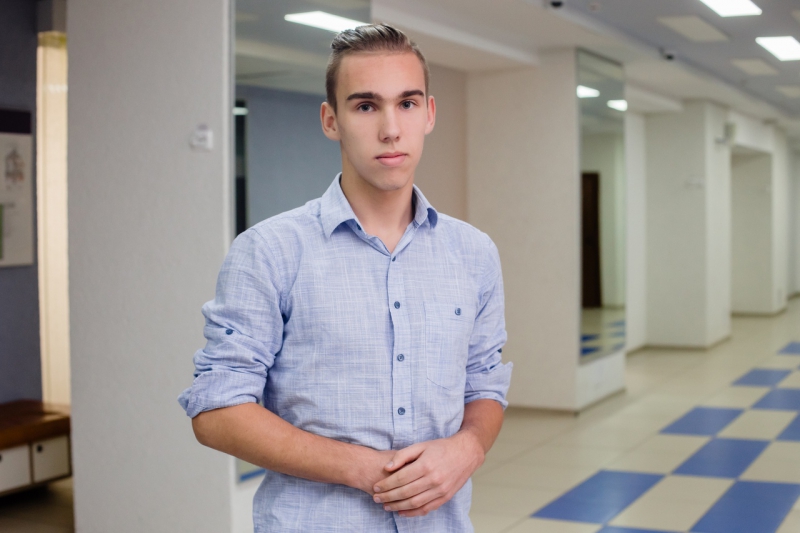
“Everyone here chooses what they’ll do: some go with sports, others with literature, some choose physics,” he says. “Up until 9th grade, I lived in a remote region. But in places like that, everyone who’s into science or competitions realizes sooner or later that they need to find a good school if they want to grow further.”
Graduates
Last year, the school celebrated its first graduation: all of its alumni have enrolled at some of the nation’s top universities, but still remain in touch with their old alma mater, tells us Alexey Kroshikhin. Many of them visit holiday celebrations and talk to friends they’ve met there.
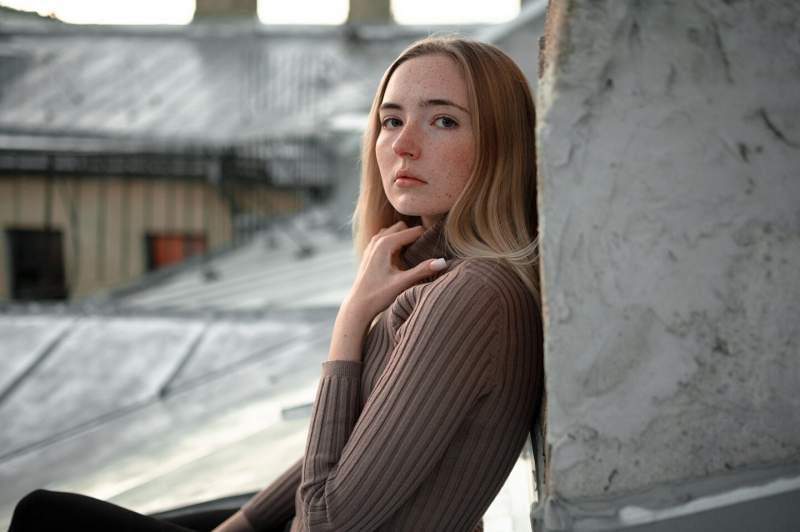
“Being a student at Lyceum 239 allowed me to meet a lot of creative people. They are incredible, well-rounded individuals. Even today, as students, we’ll keep coming back because we fell in love with the atmosphere here. It’s as if you’ve found a family: once you’ve been taken into the fold, you’re with them forever,” says Victoria Smirnova, a graduate of the school and a student at the St. Petersburg Mining University.
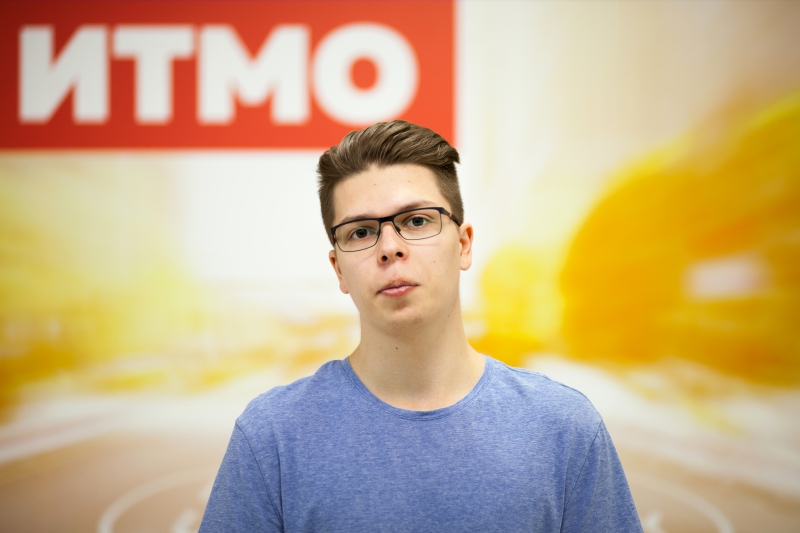
“The school brings together people from all around the country; before coming here, I lived in Novosibirsk. I was part of the first-ever class here and do not regret it one bit. We’ve become a close-knit community, and yet everyone is remarkable in their own way. The Lyceum provides you with great knowledge in every subject, so you can’t only study maths, for instance – you need to know at least the fundamentals of everything. It’s great when people know not only how to entice you, but to push you towards learning more about something. And then there are those you meet and study alongside – these are connections worth treasuring,” says Alexander Khamkhoev, a graduate of the school.
Today, Alexander is a student at ITMO University and deeply involved in robotics. His successes in this field, he says, are influenced by his teachers and the many clubs he attended. As a school student, he took part in the World Robot Olympiad and the school provided him with the necessary electronics and testing space he needed. In the future, he plans to study biomechatronics, take part in robotics competitions, and get his Master’s degree at ITMO University.
